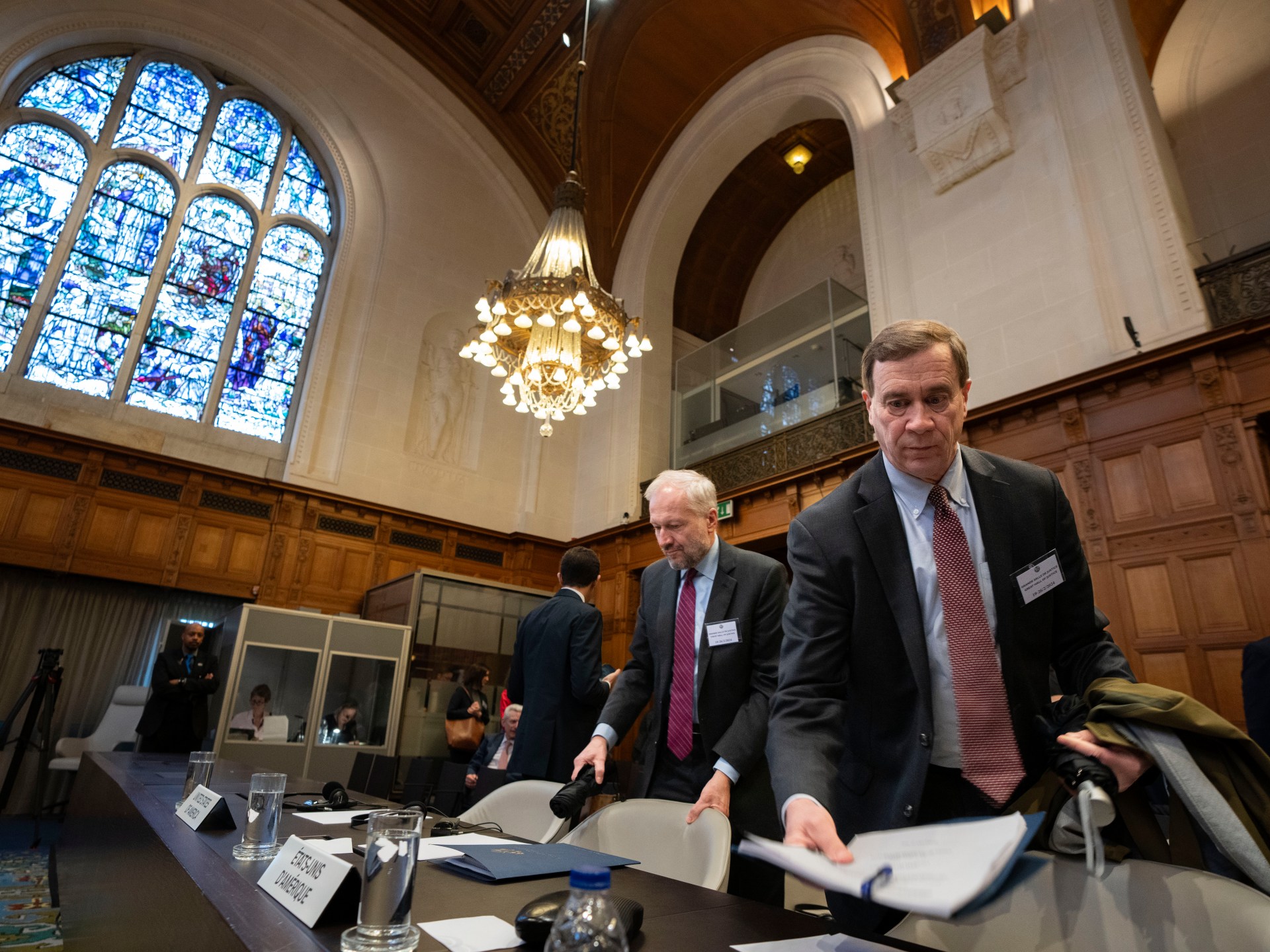Social media platform LinkedIn cuts 700 jobs, shuts China app
Job cuts are the latest layoffs to hit the tech sector in recent months, following losses at Google, Meta and Amazon.
LinkedIn, the social media platform for professional connections, has announced plans to cut more than 700 jobs and close its app for those seeking jobs in China.
In a letter to employees on Monday, LinkedIn Chief Executive Ryan Roslansky said the company would shed 716 jobs and scrap its job-hunting app in China in response to slowing revenue growth and changing customer behaviour.
“In an evolving market, we must continuously have the conviction to adapt our strategy in order to make our vision a reality,” Roslansky said.
Roslansky said the changes will include the creation of 250 new roles and integration of some teams, as well as reducing management roles and broadening responsibilities “to make decisions more quickly”.
“As we turn 20, we are entering a new decade for LinkedIn, one that will perhaps be the most consequential we’ve experienced to date,” he said.
“AI is just beginning to accelerate changes in the global economy and labour market, and LinkedIn is more essential than ever to help our members and customers navigate the changes to access economic opportunity.”
The job cuts are the latest layoffs to hit the tech sector in recent months, following the shedding of more than 100,000 employees at Google, Amazon, Meta, Twitter and Microsoft.
LinkedIn shut most of its services in China in 2021, citing the growing difficulty of complying with the Chinese government’s regulatory demands.
The company launched the stripped-down job-hunting app called InJobs in the country later that year.
LinkedIn, whose headquarters are in Sunnyvale, California, will retain a presence in China to help companies hire and train employees, the Reuters news agency reported, citing a company spokesperson.
As the only major Western social media site operating in China, LinkedIn faced criticism for cooperating with Chinese censorship, including blacklisting journalists critical of Beijing.




